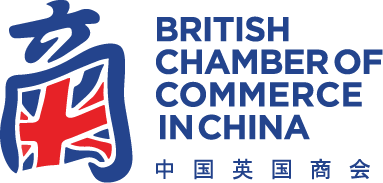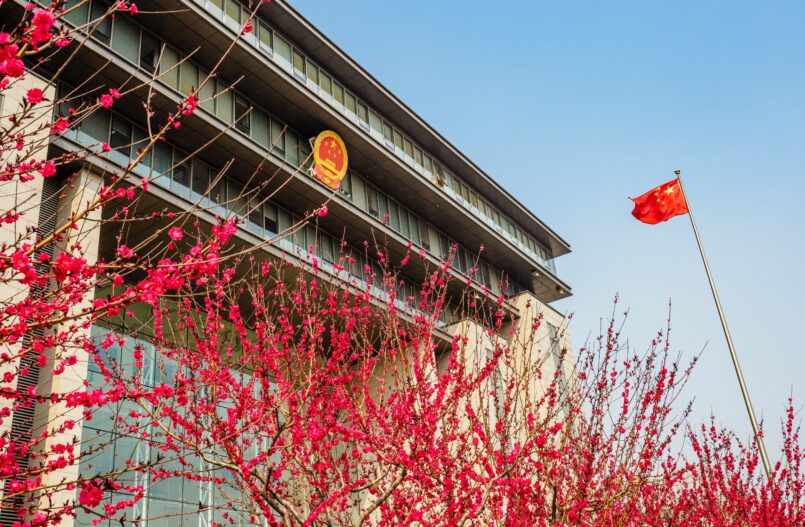Ideology, self-reliance and security look set to come first, what does that mean for foreign business?
BritCham China’s prediction for what foreign businesses should expect under the new leadership.
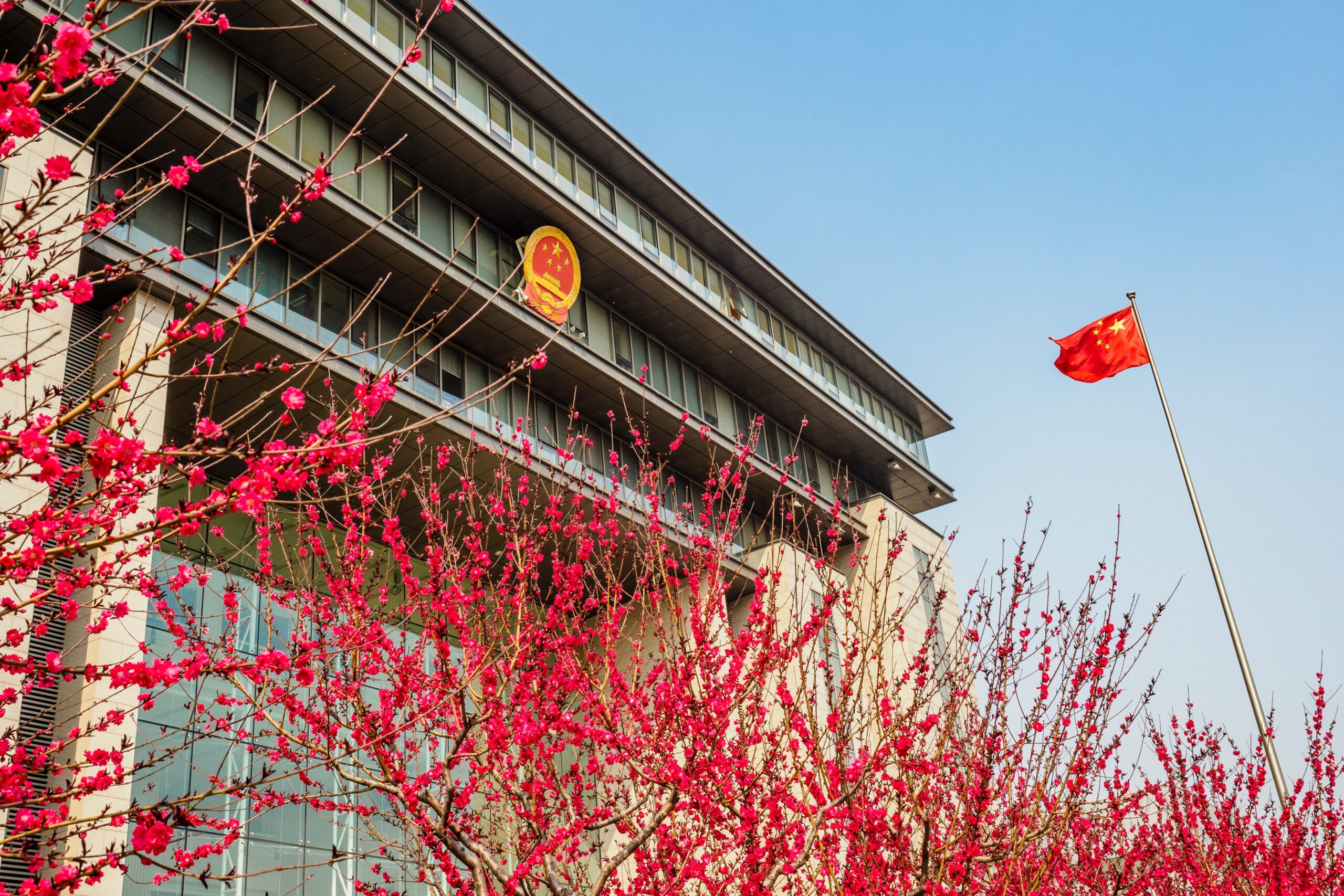
The 20th Congress of the Chinese Communist Party (“CCP”) closed in Beijing on 22 October 2022, after 7 days. Unlike the Two Sessions (“Lianghui”), the main priority of the Party Congress is to decide on the personnel composition of the Party’s central leadership, reflect on, and further drive the long-term objectives of the Chinese government. Accordingly, any insight that can be gained from the 20th Party Congress can only be informed speculation about China’s long-term policy direction as many things are still subject to change between now and the National People’s Congress in March. Nevertheless, the officials elected to the new central leadership which was announced at this congress are collectively part of the most powerful decision-making bodies in the country, the Central Committee and the Politburo of the Party. Unsurprisingly therefore, for the next five years, these officials have the power to, and will, shape China’s economic and regulatory environment which may impact British business in China.
A new leadership team
Whilst the 20th Party Congress focuses on the CCP’s internal leadership, specific State positions, including President and Premier, will only be made official in March at the National People’s Congress. However, a number of assumptions can be made about the specific roles of these newly elected officials within the Politburo Standing Committee (“PBSC”) when looking at the new central leadership lineup.
Setting a new precedent, Xi Jinping was confirmed for a third five-year term as CCP General Secretary and we can confidently expect that he will remain President. Given Premier Li Keqiang announced in March this year that he would retire as Premier in 2023, the assumption is that Li Qiang, currently Shanghai Party Secretary, will step into the role of Premier.
Han Zheng, currently Executive Vice-Premier, will step down from party leadership having not secured a position on the PBSC or the Central Committee. The assumption is that Ding Xuexiang, who currently serves as Director of the General Office of the CCP Central Committee and is the youngest amongst the newest PBSC lineup, will step into Han Zheng’s role in March.
Meanwhile, Wang Huning who is currently serving as vice-secretary of the CCP Central Secretariat and Zhao Leji who is currently serving as the Head of Central Commission for Discipline Inspection, are both expected to take up new roles in March whilst still remaining on the PBSC. Wang Huning is expected to take up the role of Chairman of the National Committee of the Chinese People’s Political Consultative Conference, replacing Li Zhanshu; and Zhao Leji is expected to take up the role of Chairman of the National People’s Congress Standing Committee in March, replacing Wang Yang. Li Zhanshu and Wang Yang have now both retired. Cai Qi, who currently serves as Beijing Party Secretary, and Li Xi, who currently serves as Guangdong Party Secretary, and who are both new additions to the PBSC, are expected to take over Wang Huning and Zhao Leji’s positions respectively.
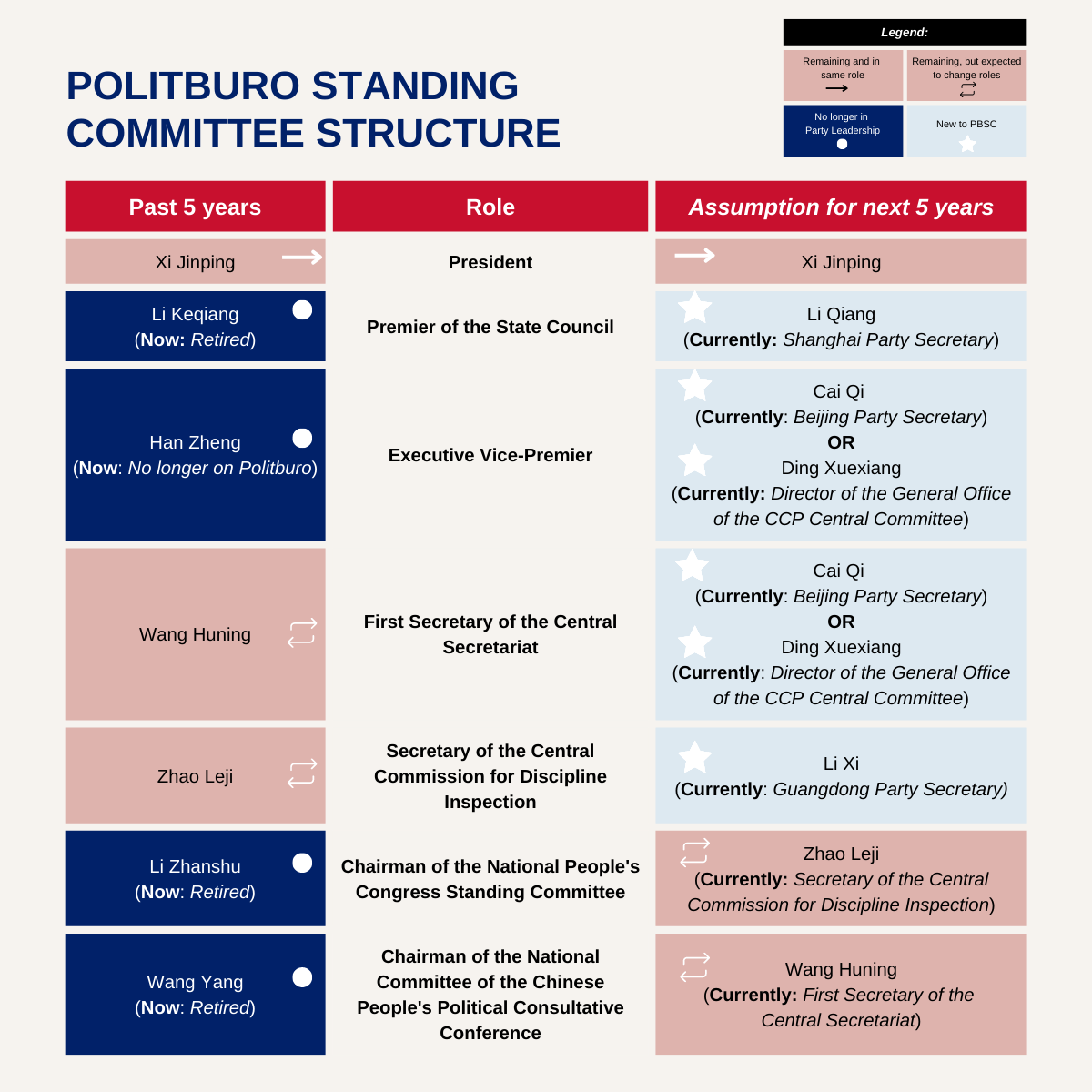
What does this mean for British businesses?
The general consensus amongst political commentators and analysts is that the new PBSC is aligned with Xi Jinping to carry out his vision for the nation. Accordingly, for the coming five years, we can expect that the PBSC will face few, if any, internal conflicts between competing political factions or coalitions. This may see a more streamlined, efficient and unified approach to policy and government decision-making. However, there are concerns that the new PBSC will serve as an echo-chamber for Xi Jinping, where potentially contentious decisions will not be as subject to challenge, with the risk of increased group-think which in turn, could possibly result in poorer decision making. We can therefore expect to see continuations of the dynamic zero-COVID strategy, which was praised in Xi Jinping’s Work Report to the Congress, as well as a greater focus on national security, self-reliance and stability in both foreign policy and economic development. However, as mentioned above, any actual policy changes will depend on the outcomes of Lianghui so we may yet see some relaxation or a change in course for China’s COVID-19 strategy next year.
A number of technocrats with strong capabilities in STEM, environment and security have been appointed to the wider Politburo and Central Committee, which is encouraging. This will hopefully allow for increased input and practical insights from industry experts when it comes to policy making, which will provide some hope for businesses who are now facing a more politically centralised PSBC.
When looking at the wider Politburo and Central Committee, of note is that central bank governor Yi Gang and top banking regulator Guo Shuqing have both now retired from Party leadership. Accordingly, China’s central bank and the wider banking and insurance regulatory bodies, will be under new command next March. We may accordingly see some shifts in policies for financial services firms under whoever takes up their roles at the end of Q1 2023.
Xi Jinping’s Work Report to the 20th National Congress of the Communist Party of China.
A key part of the Congress is the traditional Work Report, which is delivered by the CCP General Secretary, and was therefore delivered on this occasion by Xi Jinping on 16 October, on the opening day of the 20th Party Congress. The Work Report, which is a party document, is perhaps the most important document when it comes to shaping the decision-making that is critical to the fate and future of China. It not only reflects on and describes the CCP’s accomplishments since the previous Congress in 2017 and earlier, but also provides general guidelines for the policy direction and objectives for the coming five years, ahead of the 21st Party Congress which will take place in 2027.
Some key topics in the Work Report included dynamic zero-COVID, security and self-reliance and China-style modernisation. We look at these briefly in more detail below.
Dynamic Zero-COVID:
China’s adherence to dynamic zero-COVID – a policy direction that has been closely tied to Xi Jinping personally – was held up as providing “significant positive results for economic and social development.” Whilst many hoped, and some went as far as predicting, a loosening of COVID-19 restrictions, the praise given to the efficacy of China’s COVID-19 management policies means that we can expect no such relaxation in the short term. Sun Yeli, a spokesperson for the Congress, reiterated that “China’s Covid response measures are the most cost-effective and have worked the best for our country”. It is clear that, from a China policy perspective, the fear is that any relaxation could risk a large-scale outbreak with social and economic costs vastly exceeding those of the current preventative measures. The continued commitment to dynamic zero-COVID can be further inferred from the expected promotion of Li Qiang to the position of Premier. Despite facing criticisms and complaints as a result of his execution of Shanghai’s extended lockdown earlier this year during his tenure as Shanghai Party Secretary, his expected promotion can be viewed as an endorsement of his commitment to the Party’s long standing utilitarian approach. The Shanghai lockdown can be seen as demonstrating a commitment to Party objectives, and utilitarian policy making where the well-being and livelihoods of the entire Chinese population of 1.42 billion were prioritised over the 25 million inhabitants of Shanghai.
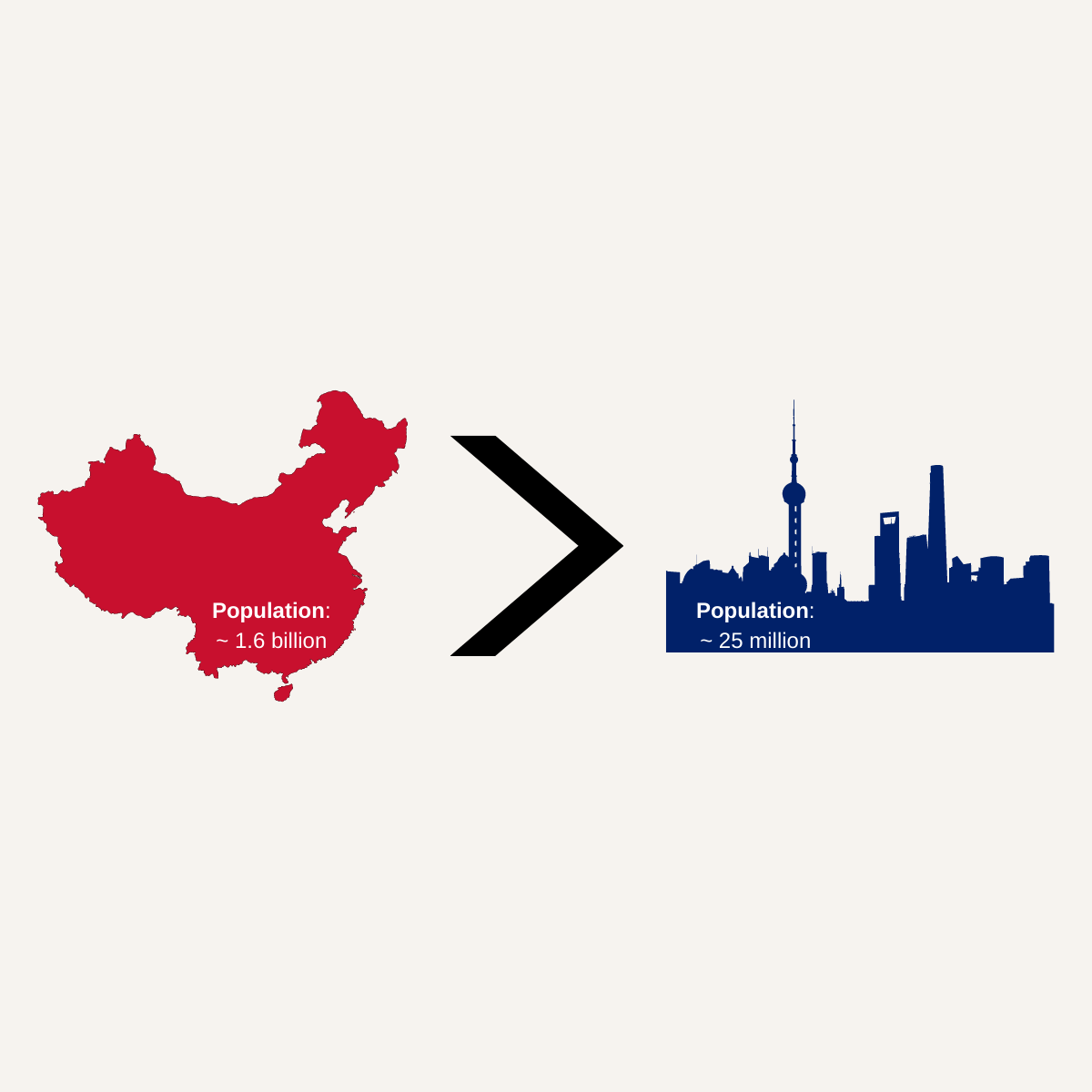
What does this mean for British businesses?
As it appears that the dynamic zero-COVID approach will continue for the foreseeable future, international businesses will continue to have to grapple with the associated uncertainty and increased operational risks. Whilst the COVID policy remains unchanged, local governments across China can be expected to continue to respond to sporadic outbreaks with frequent testing, travel restrictions and snap lockdowns. It is crucial that businesses ensure that they maintain and continue to bolster their operations against external supply chain issues and interruptions to normal operations as a result of localised disruptions and strict border controls.
Businesses will also need to continue to guard against the departure of an increasing number of international talent and staff who continue to leave China. Such departures will not only increasingly impact daily operations, but will also increasingly widen the gap between crucial people-to-people exchanges. The Chamber encourages international businesses to continue to, and where possible, increase the facilitation of cross-border interactions between headquarters and China offices so that they may be better aligned on business challenges and risk perceptions, and so as to minimise misunderstandings. Businesses in China need to become more flexible and agile, so as to be able to adhere to stay at home directives and respond to the sudden and unpredictable post-travel restrictions which are increasingly being placed on both domestic and international travellers.
Security and Self-reliance:
Enhancing national security was awarded the highest priority in the Work Report, with President Xi Jinping citing security as the party’s “ultimate goal”. China’s increased focus on security has become all-encompassing, and goes beyond the traditional aspects of developing a “world-class military”. Securitisation is increasingly taking place in less traditional areas, ranging from agriculture and tech supply chains, to financial security through to cyberspace. Closely linked with its focus on security, the Congress was also unequivocal on accelerating efforts to achieve greater self-reliance, especially in science and technology. The call for “self-reliance” could also be viewed in the dual circulation context, where China is demanding more self-driven and and reliable domestic circulation.
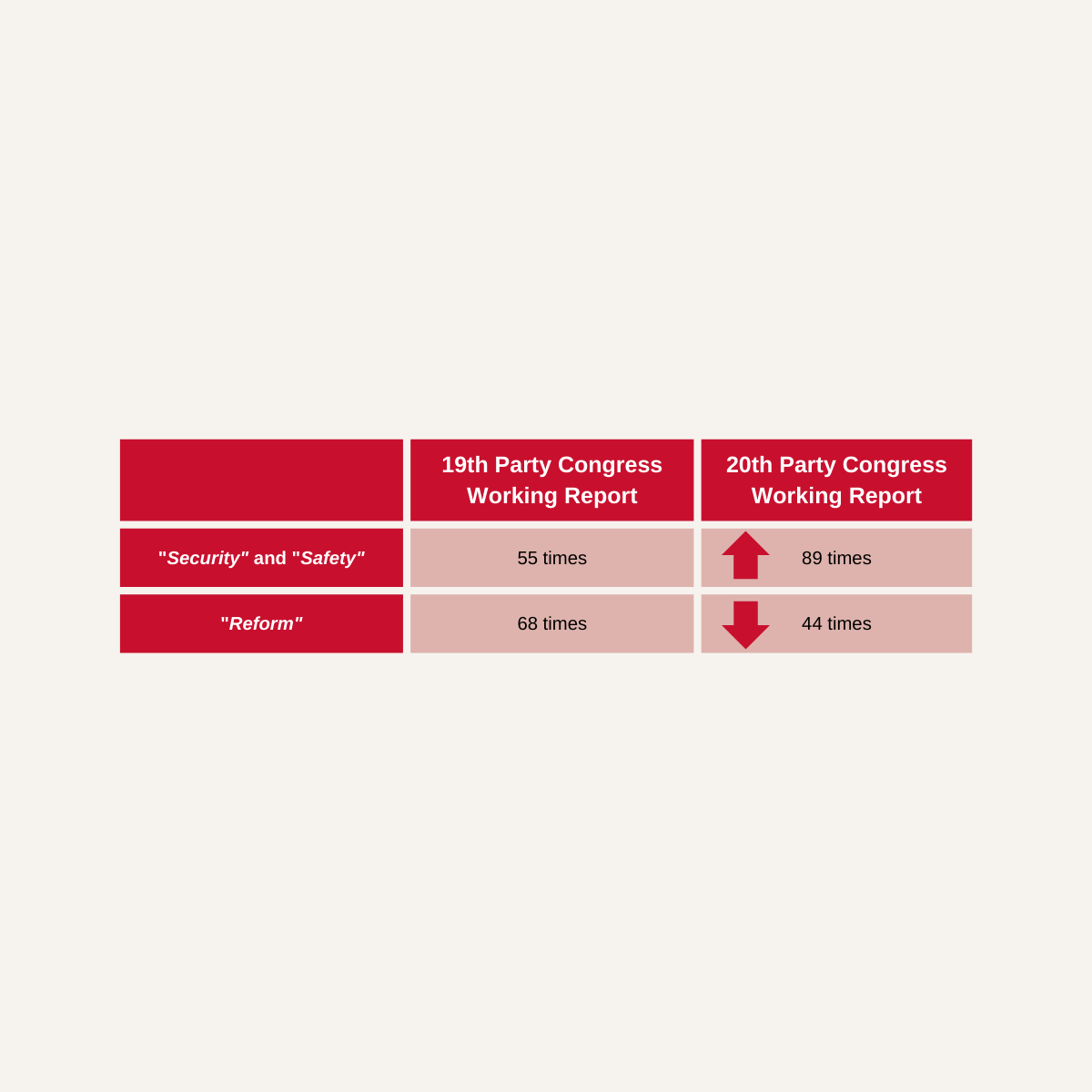
What does this mean for British businesses?
The party appears to be more interested in security and stability than economic growth in and of itself. The Chamber noticed a drop-off in the use of the words “economy”, “reform”, and “innovation” compared to the last Work Report given by President Xi to the 19th Party Congress in 2017, whilst the words “security” or “safety” appeared 89 times, up from 55 times five years ago. That being said, despite calls for “greater self-reliance” in developing reliable strategic industries and boosting self-driven domestic circulation, President Xi has tried to reassure businesses with commitments to the continued liberalisation and promotion of trade and investment. He has also tried to assuage concerns within the international business community by emphasising that China is not going to reverse its progress in market opening. Nonetheless, companies with direct and indirect connections to these emerging strategic sectors should consider building resilience into their operations in order to better navigate future geopolitical tensions. They may also be faced with a more stringent and strict regulatory environment and market.
China-style Modernization:
The phrase “China-style modernization” appeared throughout President Xi Jinping’s Work Report as a key concept. It is one that appears to try and combine various disjointed policy priorities such as common prosperity and high-quality development, and marks a shift of focus from previous years. Underpinning this vision of China-style modernisation is the commitment to balancing reform and opening-up against strengthened state involvement in business and in the market.
On economic policy, President Xi repeated pledges of “unwavering support” for the private sector and the market. He committed to further opening the country’s markets with measures like “reasonably decreasing” the “negative list” for foreign investment, protecting the rights and interests of foreign investors, and fostering a world-class business environment that is market oriented, law-based, and internationalised. However, this is to be balanced by a more active state sector in business, with a commitment to deepen reform counterbalanced by the goal to see state-owned enterprises “get stronger, do better, and grow bigger”.
What does this mean for British businesses?
The continued and re-stated commitment to opening-up, encouraging foreign investment, and letting markets play a decisive role is a welcome one. However, it is somewhat dampened by the indication of an increasing role for the Party and state in business and the preference for domestic supply. It is also worth noting that the language around the “negative list” has evolved from “further decrease” to “reasonably decrease” from the 14th Five Year Plan, and that the meaning of “reasonably” still remains unclear. International businesses working with Chinese partners or in joint ventures could see “party building…stepped up in mixed-ownership and non-public enterprises”, and preference being given to domestic companies in market opportunities.
Strategic Opportunities and Risks:
This Congress marked a turning point in the Party’s assessment of the external environment. For the past two decades, China has considered itself to be in a “period of important strategic opportunity for development.” Reflecting on domestic challenges and changes in the global context over the last few years – not least a U.S.-led campaign branding China as a strategic competitor and security threat – that perception has changed. President Xi declared that China is now in a period where “strategic opportunity and risks and challenges co-exist.”
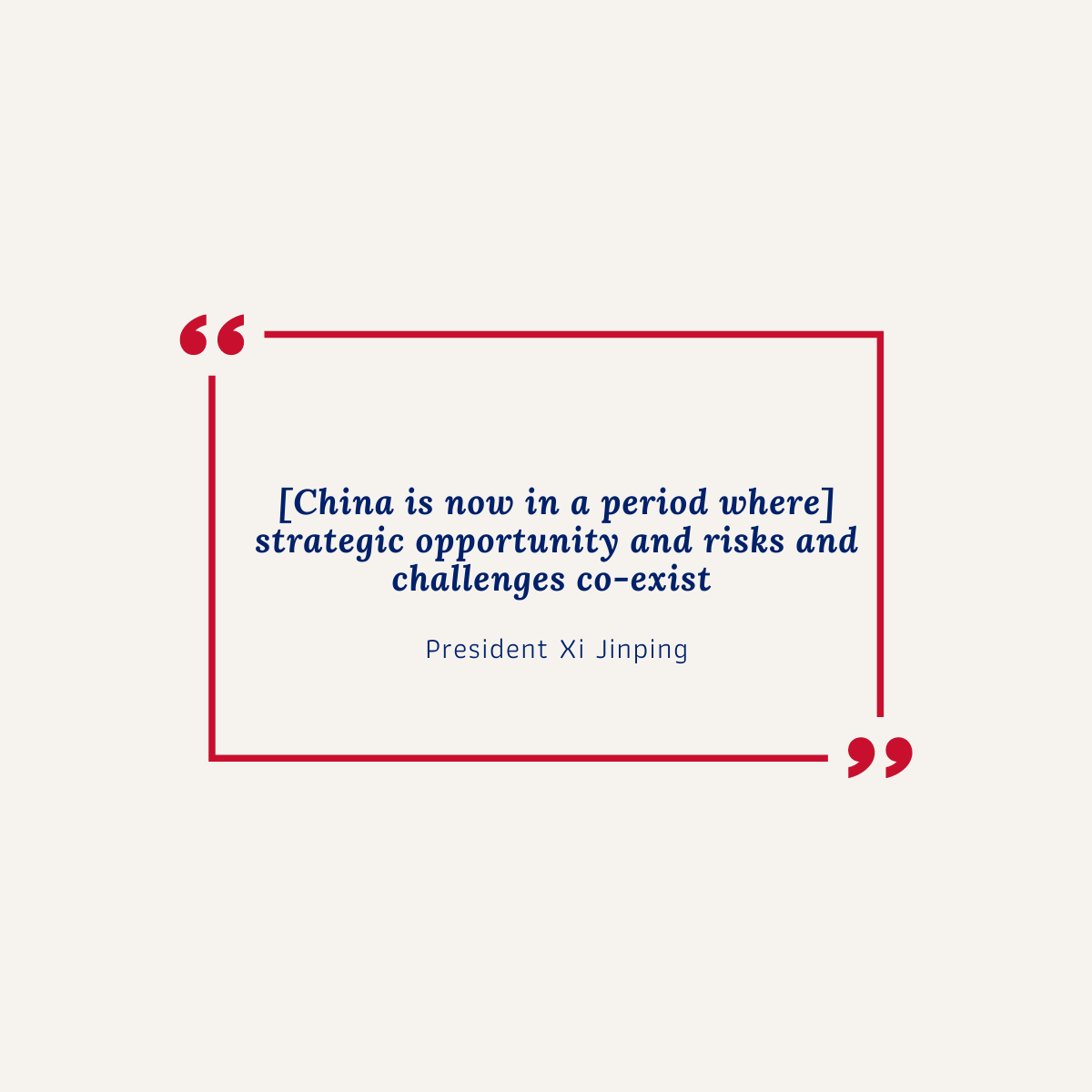
The Party’s rather pessimistic assessment of China’s external environment was accompanied by calls for greater unity within the party, in order to be able and “ready to withstand high winds, choppy waters, and even dangerous storms”. One could expect to see further internal re-shuffling and development as party-building continues.
What does this mean for British businesses?
Businesses operating in China must be aware of this heightened political pressure and develop a clear strategy to navigate their response to local policy making shaped by great power competition. They should try therefore, to make their operations and business strategy more resilient as complex UK-China relations become an increasing external source of uncertainty.
Conclusion
In conclusion, the 20th Party Congress has brought with it much speculation about the long-term direction of the policy environment in China.
As the British Chamber of Commerce in China’s annual British Business in China: Position Paper this year highlighted, foreign businesses are increasingly citing a lack of certainty and predictability in the Chinese market as the major issue they are facing. Post-congress, the British Chamber is resigned to the fact that this uncertainty will continue in the light of the endorsement given to the efficacy of dynamic zero-COVID, a clear shift in focus and commitment to self-reliance and bolstering national security, and an overall economic slowdown. The strong and continued commitment to reform and opening-up and increasing foreign investment signals some hope for the British business community, albeit somewhat dampened by an elevated role for the party in governing private market entities, a strengthening of the positions of SOE’s, and a slight change in the language used when describing the opening up of the China market. Accordingly, we expect a number of international and British businesses will now be reflecting upon and considering whether their growth strategy for China remains appropriate.
Whether any of the above eventuates however, and indeed whether there will be any major policy changes as a result of the new members of the PSBC and Central Committee will depend on what transpires at the National Party Congress in March next year. At present, however, the British Chamber and the British business community do not expect any substantial changes in the current operating environment.
References
Brunswick Group. (2022, October 24). 20th Party Congress: Braving the Storm.
China Macro Group. (2022, October 27). Continuing the “great struggle” to forge ahead on a distinctly Chinese path.
China’s 20th Communist Party Congress: What you need to know. (2022, October 16). Reuters. Retrieved November 1, 2022, from https://www.reuters.com/world/china/chinas-20th-communist-party-congress-what-you-need-know-2022-10-14/
Congress spokesman touts China’s zero-Covid strategy. (2022, October 15). RTHK. Retrieved November 1, 2022, from https://news.rthk.hk/rthk/en/component/k2/1671115-20221015.htm
Zhu, C., & Wei, D. (2022, April 2). Shanghai Lockdown: 25 Million Residents Under Severe Restrictions. Bloomberg.com. Retrieved November 1, 2022, from https://www.bloomberg.com/news/articles/2022-04-02/entire-shanghai-placed-under-lockdown-as-covid-cases-surge
China Population 2022 (Demographics, Maps, Graphs). Available at: https://worldpopulationreview.com/countries/china-population
